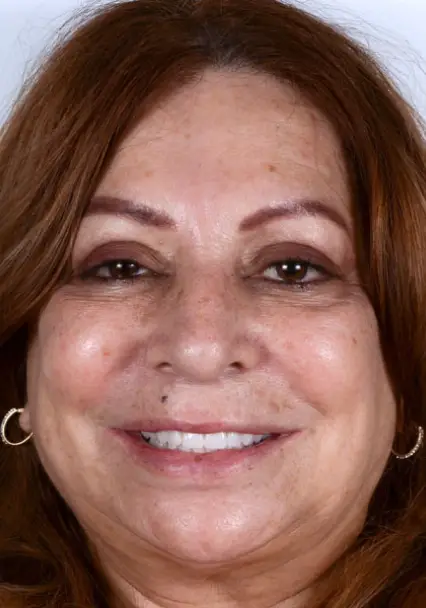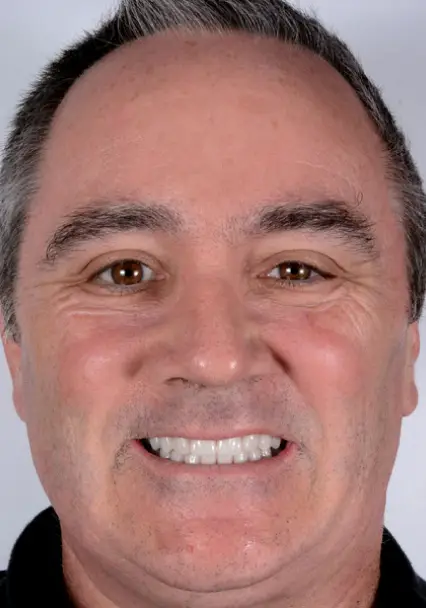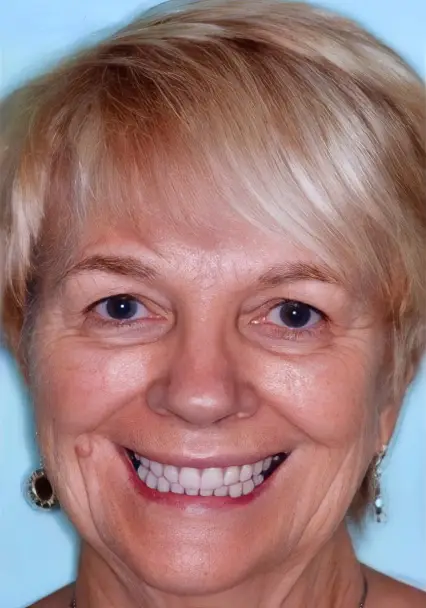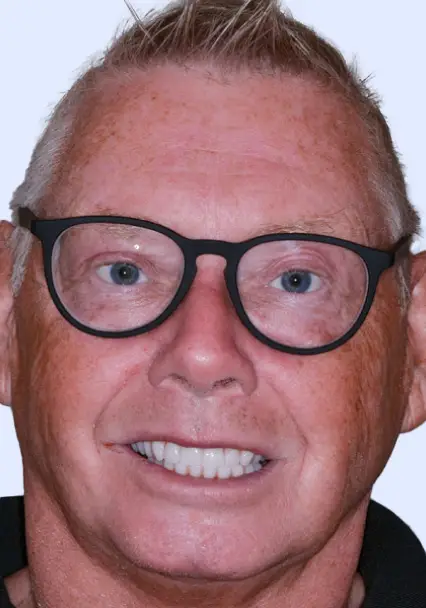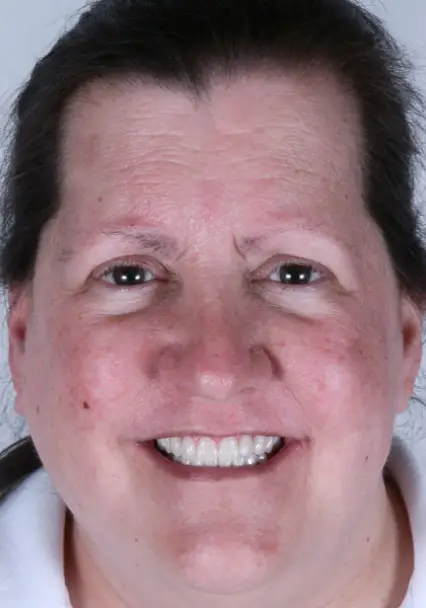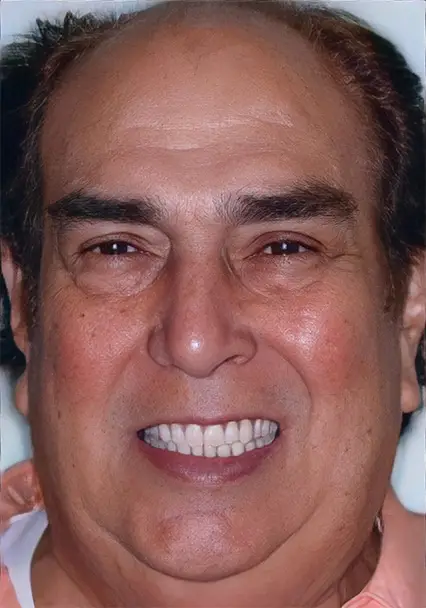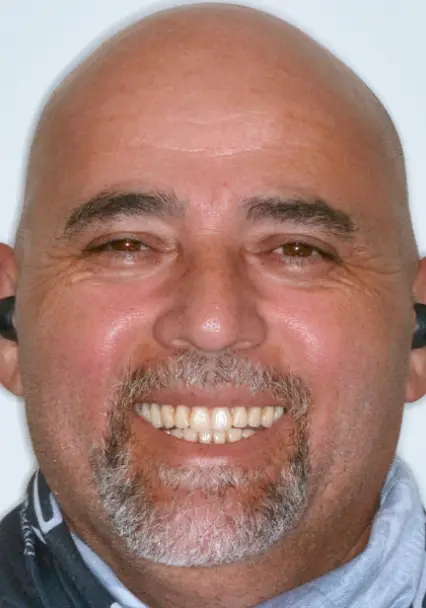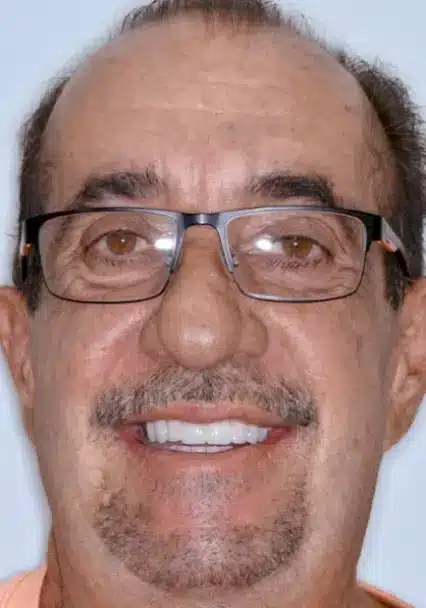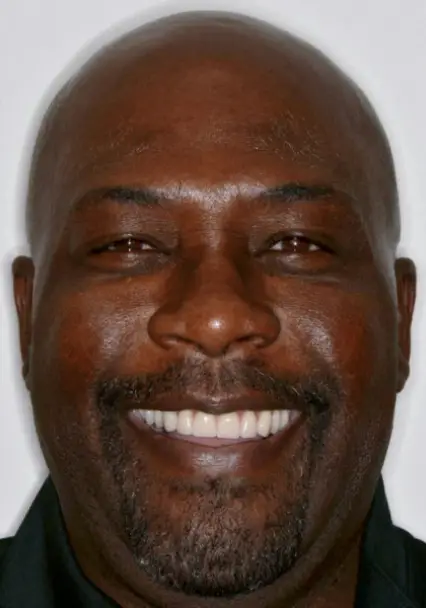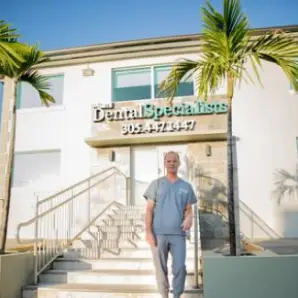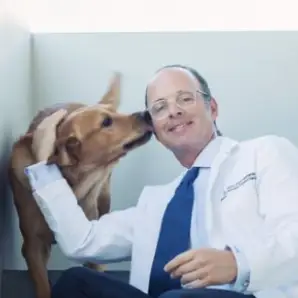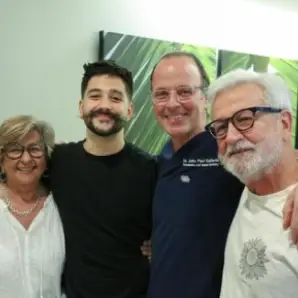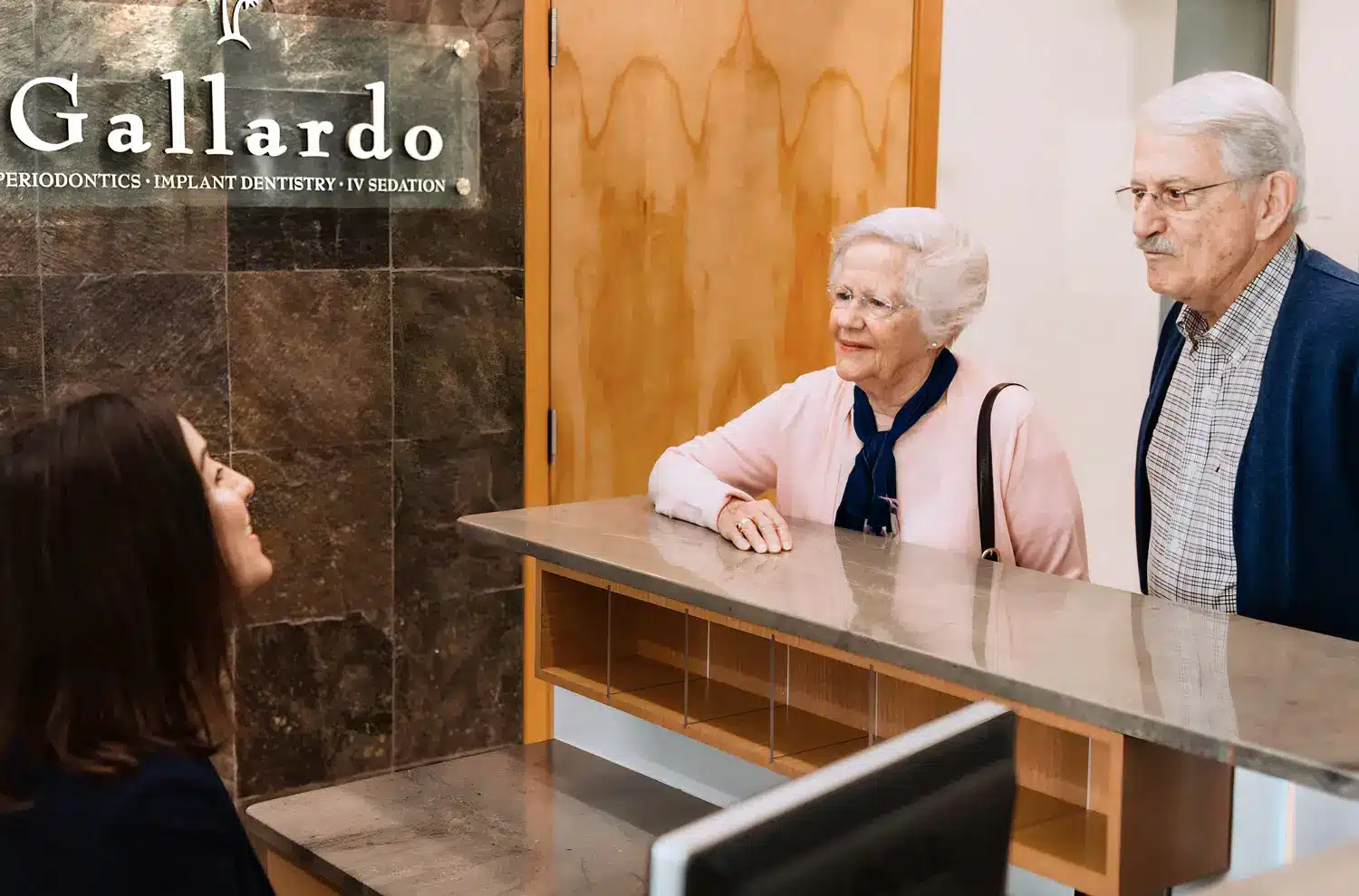Miami's Experienced Specialist
Implant Specialist
Discover why patients from more than 38 states and 11 countries trust us
Our Work Speaks for Itself
Enhance Your Oral Health, Embrace the Benefits!
01
Healthy Gums
Keep your gums in top shape, preventing gum disease and preserving your overall oral health, and maintain a confident, radiant smile for years to come.
02
Natural-looking
Restore your missing teeth with lifelike dental implants, meticulously crafted to blend seamlessly with your natural smile, enhancing both aesthetics and functionality.
03
Long-term
At Gallardo Periodontics & Implant Dentistry, we'll provide you with durable and long-lasting treatments that not only withstand the test of time but also ensure optimal oral health and satisfaction.
Specializing in Dental Implants & Periodontics





What Our Patients Say
Committed to your results
Frequently Asked Questions
Is there an age limit for getting dental implants?
No, there is no age limit for getting dental implants. However, patients must wait until bone growth is complete before having the procedure done, which typically happens around the end of adolescence.
Do you offer virtual consultations?
Yes, at Gallardo Periodontics & Implant Dentistry, we do offer virtual consultations. Our team is highly experienced in telemedicine and can provide comprehensive care through video conferencing. We can assess your condition, discuss treatment options, and answer any questions you may have about dental implants or other treatments.
What is the cost of a dental consultation?
The cost of a dental consultation varies depending on the type of care that is needed. Generally, the cost of an initial consultation will depend on factors such as your insurance coverage, the complexity of the procedure being discussed, and any additional tests or procedures that may need to be performed.
Is it possible to reverse periodontal disease?
Yes, it is possible to reverse periodontal disease. Depending on the severity of your condition, the treatment may involve scaling and root planing (deep cleaning), antibiotics, tissue regeneration, or LANAP Laser Therapy. The goal of treatment is to reduce inflammation and improve oral health. We can work with you to develop an individualized plan that is tailored to your needs and will help you get your gum health back on track.
How soon can I be seen for a dental emergency?
At Gallardo Periodontics & Implant Dentistry, we strive to provide prompt and efficient care for dental emergencies. We make every effort to see patients as soon as possible and typically can accommodate same-day appointments for urgent cases.
Miami Location
M-F 8AM-5PM
30 Years of Experience
